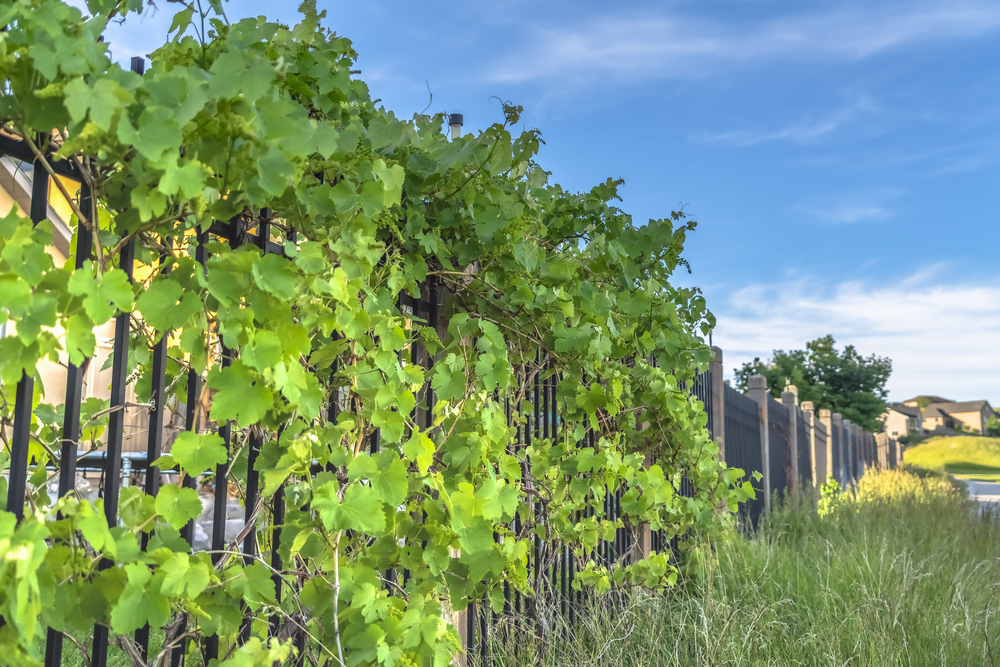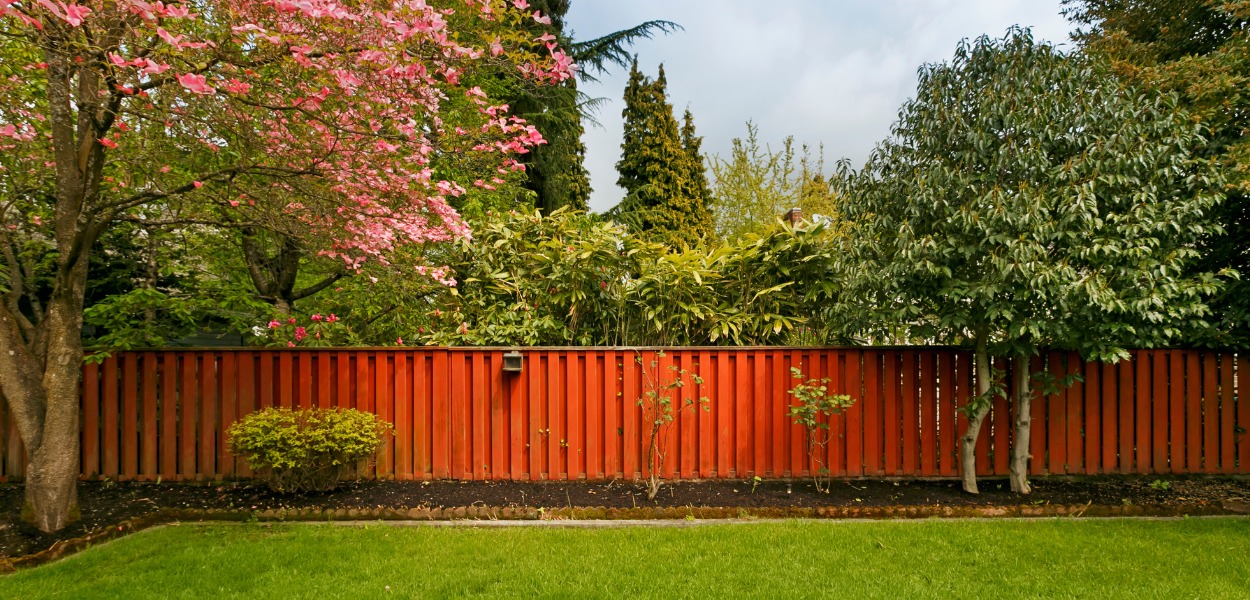All Categories
Featured

When setting up a fence, choosing the ideal product is crucial to balancing performance, appearances, and spending plan. Wood, vinyl, and light weight aluminum are among the most commonly chosen fence materials, each with its strengths and disadvantages. This guide checks out the advantages and disadvantages of these choices to assist you make an educated decision.

Timber Fence. Pros:. Natural Charm: Wood's ageless beauty can enhance any type of building with its timeless and warm look. Adjustable: You can repaint, stain, or carve timber to fit your design preferences. Cost effective: Timber secure fencing is initially extra economical compared to some various other products. Eco-friendly: As a renewable energy, timber is naturally degradable and frequently taken into consideration eco-friendly. Disadvantages:. Maintenance-Intensive: Regular securing, painting, or discoloration is needed to stop damage from weather condition and parasites. Prone to Degeneration: Without correct care, wood can rot, warp, or crack over time. Much shorter Life-span: Typically, wood fencings last 10-15 years, relying on the sort of timber and upkeep. Wood is a terrific choice for those that value appearances and are ready to invest in normal maintenance to protect its look and toughness.
Vinyl Fence. Pros:. Reduced Maintenance: Plastic calls for very little treatment-- simply periodic cleaning with soap and water. Weather condition Resistant: It doesn't warp, rot, or surrender to insect damages, making it highly durable in numerous environments. Longevity: Plastic fencings can last 20-30 years with little to no repair work. Style Range: Available in a variety of structures, shades, and designs, including wood-like looks. Disadvantages:. Greater First Expense: Vinyl fences are much more pricey upfront compared to wood. Vulnerability to Cold: In very cold weather condition, plastic can come to be susceptible and breakable to fracturing. Restricted Repair Service Options: Matching replacement panels can be testing if damages happens. Vinyl fence is optimal for house owners looking for a long-lasting, low-maintenance option that offers modern adaptability.

Aluminum Fence. Pros:. Rust-Proof: Light weight aluminum resists corrosion, making it an outstanding selection for wet or moist atmospheres. Long lasting: Despite being light-weight, light weight aluminum is strong and can stand up to extreme climate condition. Low Upkeep: It requires minimal upkeep, normally only occasional cleaning. Long Life-span: Light weight aluminum fencings can last years without significant deterioration. Sophisticated Design: Usually used for ornamental purposes, aluminum fence includes a streamlined, sophisticated aim to properties. Disadvantages:. High First Investment: Aluminum fences are amongst the pricier options on the market. Less Personal privacy: The open layouts common with light weight aluminum secure fencing don't give much personal privacy. Vulnerable to Damage: While resilient, aluminum can damage if hit with sufficient pressure. Light weight aluminum is an outstanding choice for house owners prioritizing appearances and toughness without calling for much upkeep.
Making Your Decision. When determining in between plastic, wood, or aluminum fence, consider your concerns:
Timber matches those that appreciate a natural look and do not mind placing in maintenance initiative. Plastic is the most effective option for those seeking a low-maintenance, weather-resistant solution. Aluminum offers sleek style and lasting longevity however may lack privacy. By meticulously analyzing these materials' functions, you can pick a fencing that complements your property while fulfilling your functional and aesthetic needs.
Latest Posts
Developing a Solid Monetary Future with WyHy
Published Apr 21, 25
1 min read
Budget-friendly Luxury: Discover the Perks of Laminate Flooring
Published Apr 20, 25
1 min read
Elegant, Long Lasting Tile Floor Covering for Every Room
Published Apr 20, 25
2 min read